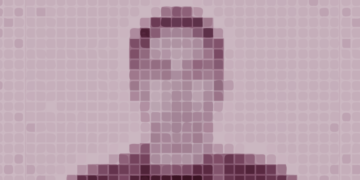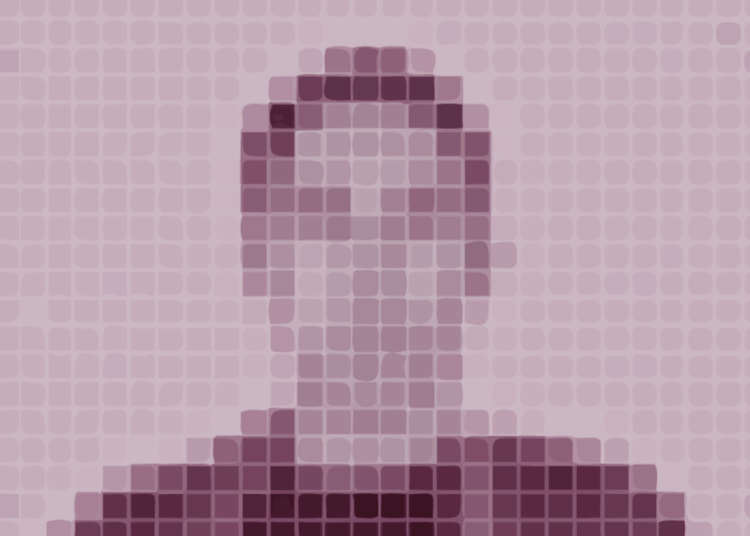In times of face masks and other personal protective equipment, recognizing people’s faces remains useful for very pragmatic purposes. Nine schools in North Ayrshire, Scotland, have launched a digital program aimed at students: by verifying the facial identity of schoolchildren, the school is electronically checking to see if the children are up to date with their canteen payments before being allowed to enter the premises.
The motivation (or pretext?) seems a reasonable one: precautions against COVID-19. In fact, payment via facial recognition is considered more hygienic than credit cards or fingerprint scanning. Another advantage: the queues in the canteen run much faster. As stated by David Swanston, managing director of CRB Cunninghams, the company that produces the software, “facial recognition has cut payment time per pupil to five seconds on average.” The nine “pilot schools” are joined by another 65 across the UK on the waiting list for the new technology to be implemented.
North Ayrshire Administrative Council reports that 97% of students or parents consent to the scheme. Facial recognition, in fact, relieves the burden of having to remember PINs (which children and teens often forget) and would secure against digital fraud. Students’ biometric data are stored in the school’s databases and then destroyed the moment they leave the institution.
Everybody happy? Not a chance. For the British, despite the current times, privacy is still a fundamental principle, and the Scots are no exception. Among those expressing dissent is, for example, the Information Commissioner’s Office (ICO), which, when confronted by the North Ayrshire Administrative Council, stated it wants a “less intrusive” method. There is, in fact, the not insignificant problem of the protection of children’s data. In this regard, the ICO notes that “organizations should carefully consider the needs and proportionalities of biometric data collection before taking action.”
Even more uncompromising is Big Brother Watch, whose director, Silkie Carlo, is calling for the immediate suspension of facial recognition in British schools. “To gain access to a school cafeteria, no child should be subjected to identity checks as if they were crossing a border,” Carlo told The Guardian. “We live in a democracy, not a securitarian state.” Children’s sensitive data, the activist continues, is an asset to be “protected,” not “dissipated on a whim.” Because, Carlo complains, the company in charge of collecting this biometric data refuses to disclose who else might have access to such personal information from children.
Carlo, interviewed by the Financial Times, calls facial recognition technology hardly essential for schools. “Biometric ID checks are being made normal for issues that are trivial, however,” he says. Because “there’s no need to use airport technology for kids having lunch.”
For its part, the Scottish Government has called on local authorities to be rigorous in data protection and to monitor schools to ensure that they comply strictly with the guidelines.
But digital facial recognition is by no means new. Many US schools have been using it for years, essentially as a safety measure. At the same time, however, many North American states and cities have backed down, since this technology–a phenomenal short-circuit of modernity–would lend itself to racial and sexual discrimination.
Similar controversies are also underway in Moscow, where facial recognition is used for subway passengers: a use that–opponents of President Vladimir Putin argue–could also serve to identify and target political opponents.
As for the European Union, at the beginning of October, the European Parliament called for a ban on this technology in public spaces and the implementation of stricter guarantees in the use of artificial intelligence by law enforcement to prevent discrimination.
But the more important ethical dilemma is quite different. This is the processing of children’s data, the security and confidentiality of which should be guaranteed in the strictest manner. And after the minors, the adults, everyone.
As for the youngest and the very youngest, there is an issue of a properly educational nature that should not be underestimated. With facial recognition, in fact, the school exerts a form of surreptitious, if not positively devious, control over students who are bent to further inessential rules. Regulatory hypertrophy on the part of schools can easily degenerate–as indeed happened during the health emergency–and certainly does not favor the serenity of the school environment, to the serious detriment of the school-family alliance and educational freedom.




















Discussion about this post